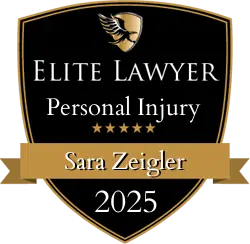When hiring a lawyer, it is important to understand not only what fee is being charged but also how it is to be paid. While there are many different types of fee arrangements, the most common are the flat fee, the hourly fee and the contingency fee. The last one — which is standard in personal injury cases — is an arrangement whereby an attorney agrees to forgo any payment until and unless you win monetary compensation, at which point he or she is paid a percentage of the recovery.
The contingency fee is naturally popular with clients since it allows ordinary people to hire powerful attorneys with little or no out-of-pocket cost unless they prevail. However, there are limitations to its use. An attorney is not allowed to charge a contingency fee in criminal cases or in most domestic relations matters in West Virginia.
The percentage rate for a contingency can vary substantially. In West Virginia, the most common rate is between 33 and 40 percent of the overall recovery. The amount your personal injury attorney will charge depends on a number of factors, such as the type of matter it is or at what stage of the proceeding it is resolved. Many firms, such as ours, also typically advance expenses such as filing fees, court costs, expert witness fees and other out-of-pocket expenses, and repayment is deferred until it can be deducted from your recovery at the end of the case. Whatever your arrangement, the lawyer must put the terms in writing and you must understand and agree to them at the outset.
At Kaufman & McPherson, PLLC, we have for over 30 years successfully helped people overcome various legal challenges. We offer a free consultation in personal injury cases. Reach out to us concerning any West Virginia injury claim at 304-842-4300 or contact us online for prompt assistance.








